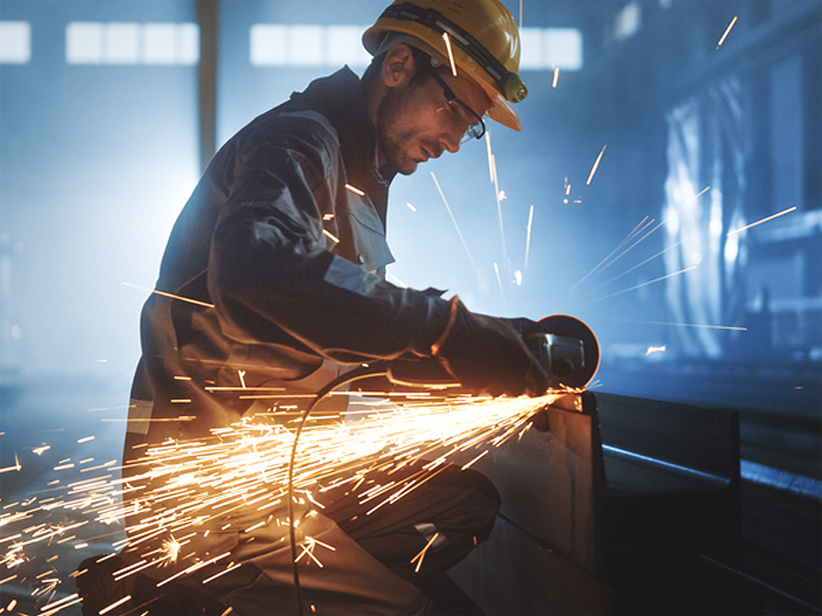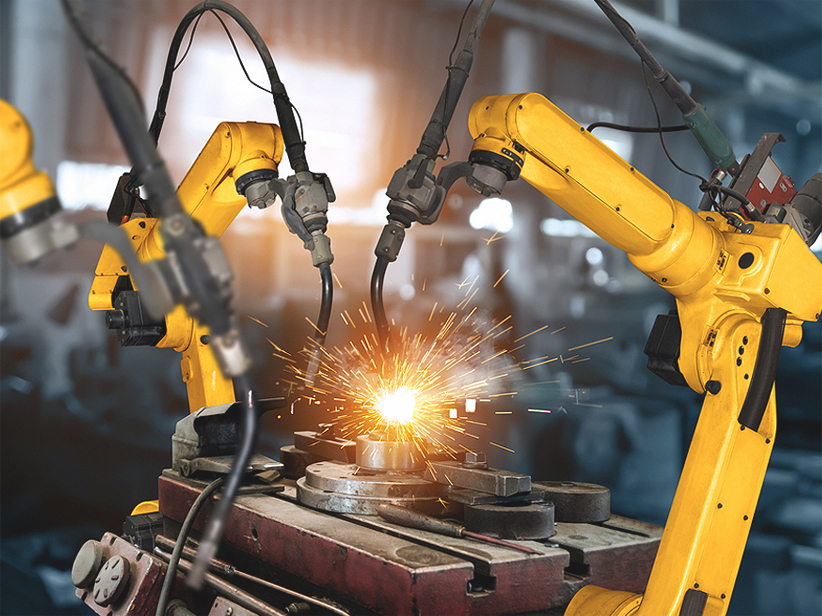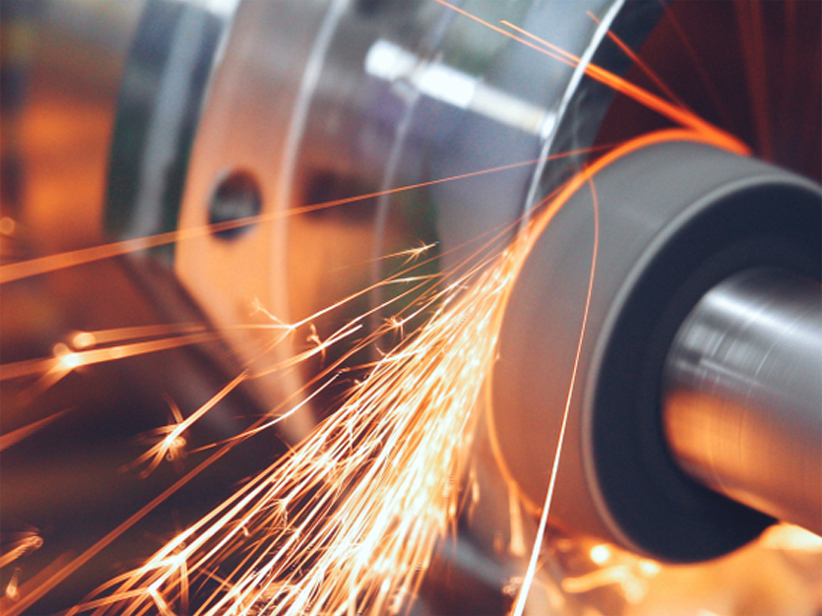Innovations in Water Filtration with Stainless Steel Components
The need for reliable and long-lasting water filtration systems is growing as issues with pollution and water scarcity across the world worsen. Stainless steel component utilisation is one of the biggest technological advances in water filtration. These elements are perfect for contemporary filtering systems in a variety of sectors because they provide unmatched advantages including corrosion resistance, lifespan, and efficiency. We look at how stainless steel is changing the water filtration industry in this blog.
Why Stainless Steel in Water Filtration?
Water filtration systems are subjected to an extensive range of impurities, chemicals, and severe conditions. Because of its special qualities, stainless steel has several benefits that make it a necessary component for these kinds of systems:
- Corrosion Resistance: Stainless steel can resist corrosion caused by water, chemicals, and high-salinity environments, ensuring long-lasting performance.
- Durability: It offers a high level of mechanical strength, making it suitable for high-pressure systems.
- Hygienic Properties: Stainless steel is non-porous and easy to clean, reducing the risk of contamination in water systems.
- Eco-friendly: Stainless steel is fully recyclable, contributing to the sustainability of water treatment projects.
Key Innovations in Water Filtration with Stainless Steel Components
1. Stainless Steel Filter Meshes and Screens
These days, a lot of different phases of water filtration employ stainless steel wire meshes. These meshes are used for the initial screening of pollutants and big particles, making sure that the filtering procedures that follow operate well. Thanks to developments in precise manufacturing, filter meshes can now handle larger quantities of water without sacrificing quality since they are stronger and finer.
Common Grades:
- 304 / 1.4301 Stainless Steel: Widely used due to its excellent corrosion resistance and cost-effectiveness.
- 316 / 1.4401 Stainless Steel: Used in more corrosive environments, such as marine or industrial wastewater filtration, thanks to its higher resistance to chloride corrosion.
2. High-Pressure Filtration Systems
The development of high-pressure filtration systems capable of meeting the demands of large-scale industrial and municipal water filtration has been made possible by stainless steel. These systems are appropriate for reverse osmosis (RO) applications, which are used to desalinate and purify drinking water, because they are built to function well under high pressure.
Key Components:
- Stainless Steel Pressure Vessels: High-strength vessels are used to contain filtration media in RO systems, improving system longevity and reliability.
- Membrane Housings: Stainless steel housings provide protection for sensitive filtration membranes, ensuring clean, contaminant-free water.
3. Stainless Steel Cartridge Filters
Stainless steel cartridge filters are more resilient and reusable than conventional plastic or fibre filters. These filters are particularly helpful in areas where chemical exposure is a concern or when filtration needs to be done often. Stainless steel cartridge filters are perfect for industrial water treatment and food processing applications because they can resist tougher conditions and greater temperatures without deteriorating.
4. Innovative Backwashing Filters
An increasingly popular development in water filtration is the use of stainless steel components in self-cleaning backwashing filters. In order to clean and remove debris, these filters reverse the direction of the water flow. This lowers maintenance requirements and increases system longevity. Even in harsh water conditions, the backwash mechanism is guaranteed to function well thanks to stainless steel.
5. Biofilm and Fouling Resistance
Biofilm generation, which can lower filter effectiveness, is one of the continuous problems with water filtration systems. Stainless steel provides better resistance against biofouling, particularly premium alloys like Duplex 2205 and Super Duplex 2507. These grades inhibit the growth of bacteria, algae, and other microorganisms that might clog filtering systems because they possess antibacterial qualities.
Benefits of Using Stainless Steel Components in Water Filtration
- Enhanced Durability: Stainless steel components withstand physical wear and tear, reducing the need for frequent replacements.
- Lower Maintenance Costs: Corrosion-resistant properties minimize the risk of rusting and contamination, reducing long-term maintenance costs.
- Higher Efficiency: Stainless steel enables filtration systems to operate at higher pressure and temperatures, improving throughput and efficiency.
- Safety and Hygiene: Stainless steel components meet stringent hygiene standards, making them suitable for use in potable water systems and in industries like food processing and pharmaceuticals.
- Sustainability: Since stainless steel is 100% recyclable, it supports eco-friendly water filtration systems, reducing the environmental impact of these technologies.
Future of Stainless Steel in Water Filtration
We anticipate seeing more specialised stainless steel grades and creative designs that increase filtration efficiency as filtration technologies develop. The use of nanotechnology to build stainless steel-based membranes that are capable of filtering out viruses and nanoparticles, among other tiny particles, is already being investigated. Furthermore, sensor-integrated smart filtration systems are probably going to become standard, and stainless steel is essential for system stability and longevity.
Conclusion
Stainless steel components are at the forefront of water filtration innovations, which are essential to tackling the world's water concerns. Stainless steel is revolutionising water filtration across sectors with its long-lasting performance, capacity to tolerate extreme conditions, and cleanliness. Venus Wires is pleased to contribute to this innovation by offering premium stainless steel wires and parts that support the development of dependable, sustainable, and effective water filtration systems.







